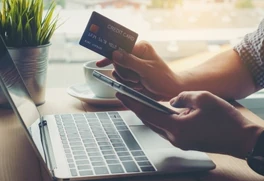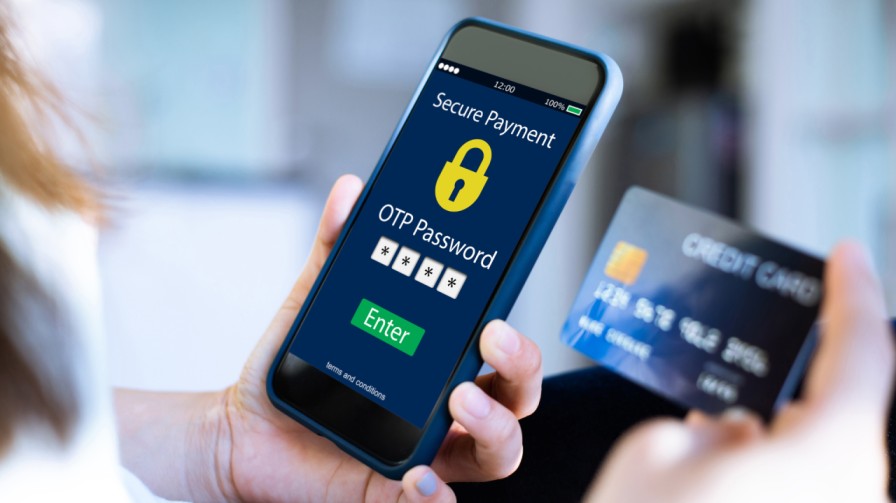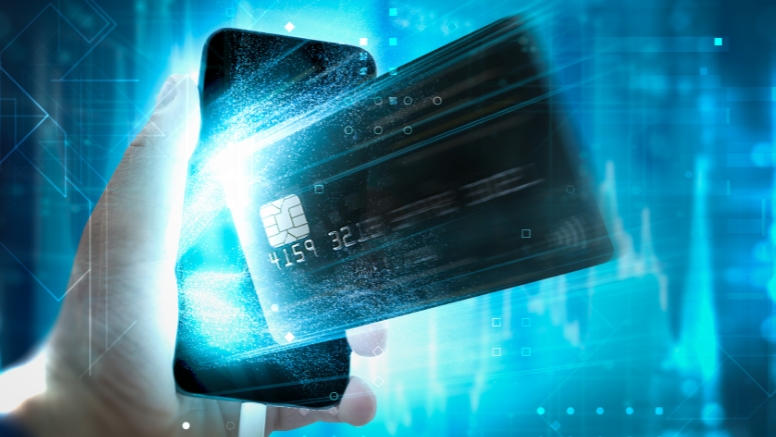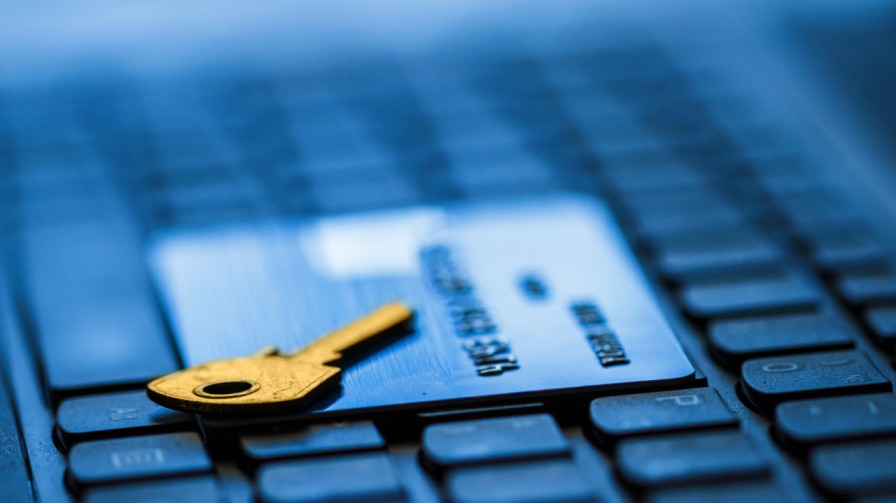
In an era dominated by digital transactions, ensuring the
safety of our financial assets and personal information is of paramount
importance. Recent escalations in card-related breaches emphasize the pressing
need for heightened awareness among users of plastic cards. Educating ourselves
about potential risks and adopting secure practices can substantially reduce
compromises to our cards and safeguard our personal data. This guide aims to
empower cardholders with essential best practices and proactive measures to
enhance card security.
By implementing these measures and staying informed, we fortify our defences and contribute to a safer digital payment ecosystem.
- Frequently Update Debit Card PIN: Regularly changing your debit card PIN, ideally every six months, is a prudent security measure.
- Verify Website Authenticity: Avoid clicking on links in emails. Instead, manually type URLs into your web browser and ensure the website uses HTTPS encryption.
- Promptly Address Missing OTP: If an online transaction doesn't generate a One Time Password (OTP), promptly contact your bank's call center to report the issue.
- Protect Personal Information: Banking professionals never ask for your PINs or passwords during customer service calls. Refrain from sharing such sensitive details.
- Upgrade to Chip Cards: Request your bank to upgrade your cards to the more secure chip-enabled technology, significantly reducing the risk of card cloning.
- Secure Online Purchases: Change your online transaction authorization password regularly to bolster security while making online purchases.
- Prompt Action on Unusual Transactions: If you receive alerts for unauthorized transactions, promptly contact your bank and consider reporting the incident to the cybercrime authorities.
- Secure Handling of First-time PIN Mailers: Change the PIN provided in the initial PIN mailer as soon as you activate the card to enhance security.
- Exercise Caution During Transactions: Never disclose your card number or PIN to anyone. Ensure your transactions are performed securely, without the possibility of "shoulder surfing."
- Maintain Control of Your Card: Do not hand over your card to any individuals, ensuring it remains under your control at all times.
- Direct Card Usage: Personally swipe your card and enter your PIN during transactions avoid allowing others to handle this process.
By adhering to the proactive measures and best practices
outlined here, we pave the way for a more secure digital future. The power to
minimize card-related risks and protect our personal data lies in our awareness
and diligence. Let us remember, each informed step we take is a step toward a
safer and more resilient payment ecosystem.
Stay vigilant, stay secure.

 +91 9594449393
+91 9594449393 +1 4847906355
+1 4847906355 +63 9208320598
+63 9208320598 +44 1519470017
+44 1519470017 +84 908370948
+84 908370948 +7 9639173485
+7 9639173485 +62 81808037776
+62 81808037776 +90 5441016383
+90 5441016383 +66 993367171
+66 993367171 +254 725235855
+254 725235855 +256 707194495
+256 707194495 +46 700548490
+46 700548490


